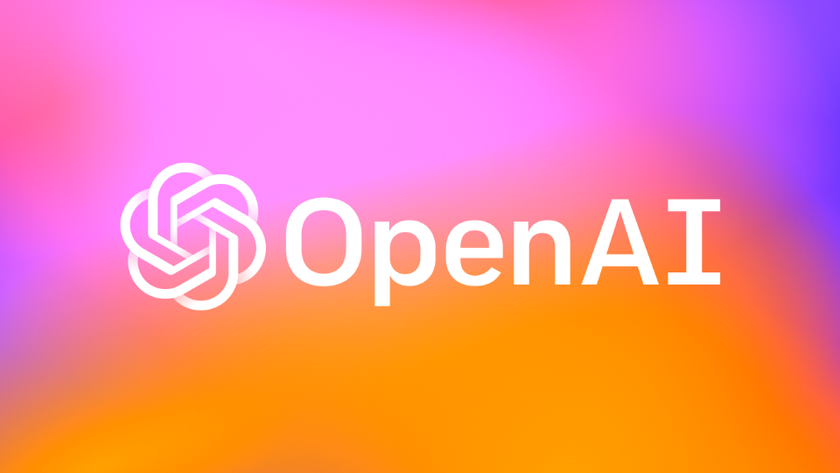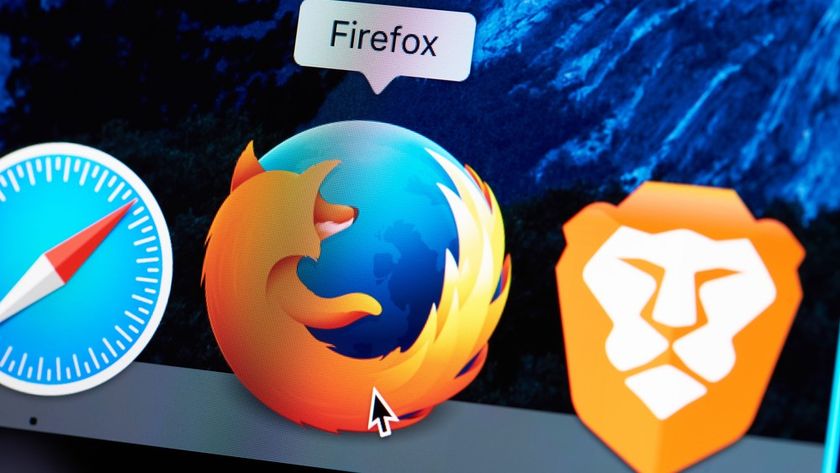Is the role of CIO still essential to business?
Reports of its demise have been greatly exaggerated
It occurred to me that other executives and people working in IT might also find it helpful. So I decided to put it all into this book.
TRP: What's the biggest myth within the CIO industry?
MGH: The biggest myth is that cloud computing is not enterprise ready and is insecure and that you put your business at risk by using cloud computing. There is still an amazing number of IT people who believe this and traditional vendors peddling the myth.
TRP: Why has technology changed the way we must do business?
MGH: The key change is cloud computing and the unpredictable implications of this technology shift on wider areas of business and indeed society. The common definition of 'cloud computing' is that the following characteristics have to be in place. Shared resources, available in a self-service model with elastic capacity paid for on an as used basis. Cloud computing has been driven in the main, by the way Amazon in particular, reinvented the computing consumption model for themselves and then drove this into first the consumer and then the business world.
What has become apparent is that cloud computing along with its enabling impact on social media, mobile data and data analytics, basically changes everything. The big idea if you like, is that 'the everything', is not just everything in IT, but everything in business too.
For the all 'C' level executives, this change is well under way. However, the traditional business executive may not grasp the wider implications of cloud technology on their business and the potential to impact their business in unpredictable ways.
Are you a pro? Subscribe to our newsletter
Sign up to the TechRadar Pro newsletter to get all the top news, opinion, features and guidance your business needs to succeed!
Some of the disruption cloud technologies have been bringing to traditional businesses have been around a while, but have been viewed as consumer rather than business capabilities. That picture has now completely changed and with that change, a new challenge is emerging for businesses beyond their IT function.
That challenge for the executives of businesses comes from 'cloud computing' creating new business models and new business opportunities, as well as new competitors and a new way of thinking about organisation design, agility, effectiveness and innovation.
TRP: How is the CIO role changing?
MGH: In this revolutionary time, CEOs, and in particular CMOs, are under massive market pressure from their customer base to be more digitally relevant and have faster product developers. As the world moves at digital speed, all businesses will become technology businesses.
The CIO's role in many organisations has been one of governance, cost control, and business systems development. Web development and, in certain industries, a growing role in product development.
All businesses will be totally dependent, not just on their internet presence, but their mobile presence and their use of sensors and other new technologies, and the ability to manipulate and understand vast quantities of data: to be customer relevant in real time.
The new CIO will need to be at the centre of this change, balancing managing costs with securing revenue, managing security while having easy access everywhere to systems controls and compliance. It is no longer the case where one outweighs the other. The world of corporate/business IT is now the post-digital consumer world of technology driving business and behaviour.
TRP: What are your plans for 2014?
MGH: I suppose in simple terms, my plan in 2014 is to continue to implement the ideas in 'The Essential CIO' and see what challenges are presented and how to overcome them. This is the most important activity for any CIO.
- Matt Graham-Hyde is the CIO of Kantar and has over 15 years' experience as a CIO in major international businesses. Matt is the author of "The Essential CIO" (£14.99 PanomaPress) which is available from Amazon now

Désiré has been musing and writing about technology during a career spanning four decades. He dabbled in website builders and web hosting when DHTML and frames were in vogue and started narrating about the impact of technology on society just before the start of the Y2K hysteria at the turn of the last millennium.











